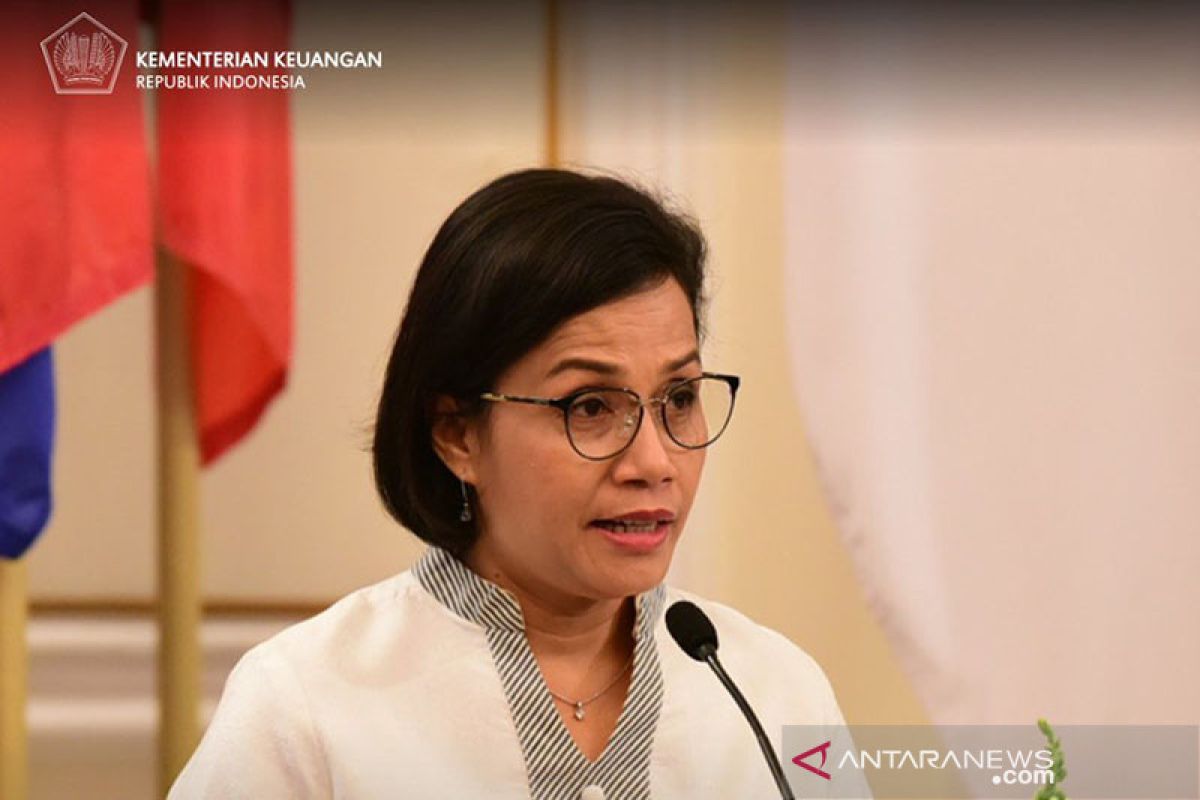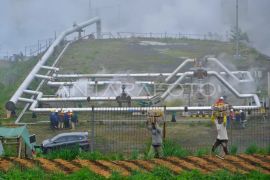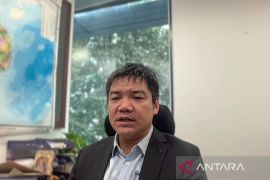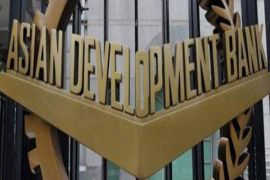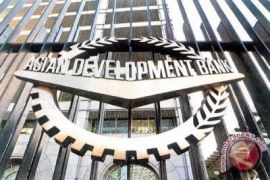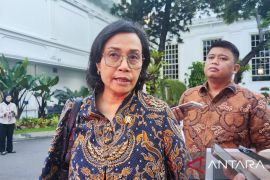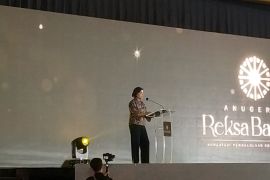"For us, as the ADB members, President Asakawa's initiative holds significance, and we really welcome it," Indrawati stated at ADB's 53rd Annual Meeting held virtually on Thursday.
The finance minister believes that tax reform can be conducted essentially through cooperation with various other countries, such as through this regional hub.
"Our low tax ratio and the reforms conducted demonstrate that we cannot do it alone," she remarked.
Cooperating with other countries in conducting tax reform can open up opportunities to exchange ideas and experiences on taxation practices and violation, she stated.
Moreover, cooperation will be more efficient and optimal if established with nearby countries since several Asia-Pacific nations are also working to combat tax avoidance.
"Sharing our experiences and knowledge and also in this case, policy practice, will be immensely critical," he emphasized.
Indonesia, with an open economic system and profuse natural resources, has a high potential risk of tax evasion and deviation, the minister pointed out.
Several companies operating in Indonesia come from within and outside the country, but tax revenue is yet not optimal. Hence, this hints at the taxpayers not being obedient.
"When we deal with tax avoidance, we will also discuss not only domestic issues but also how to solve cross-border problems," the minister stated.
However, Indonesia had conducted tax reforms to improve the tax ratio through cooperation with various international institutions, such as the International Monetary Fund (IMF), World Bank, and the Organisation for Economic Co-operation and Development (OECD), she remarked. Meanwhile, during a seminar at ADB’s 53rd Annual Meeting, ADB President Masatsugu Asakawa expounded that the Regional Hub on domestic resource mobilization (DRM) and international tax cooperation (ITC) will focus on promoting DRM and ITC through close collaboration among finance and tax authorities of developing economies; international organizations, such as the IMF, OECD, and the World Bank; and regional tax associations.
Despite several developing economies having maintained strong and steady gross domestic product (GDP) growth in recent years, tax yields had failed to increase proportionately.
Even before the pandemic, several economies failed to achieve a minimum tax yield of 15 percent of the GDP — a level now widely regarded as the minimum required for sustainable development.
The COVID-19 pandemic has worsened the situation due to heightened pressure on economies’ expenditures and a decrease in tax revenue, leaving little room to further increase external borrowing.
Related news: ADB grants US$1.5 bln to support Indonesia's COVID-19 response
Related news: ADB projects economic slowdown in Indonesia in 2020 over COVID-19
Translator: Astrid FH, Fardah
Editor: Rahmad Nasution
Copyright © ANTARA 2020
